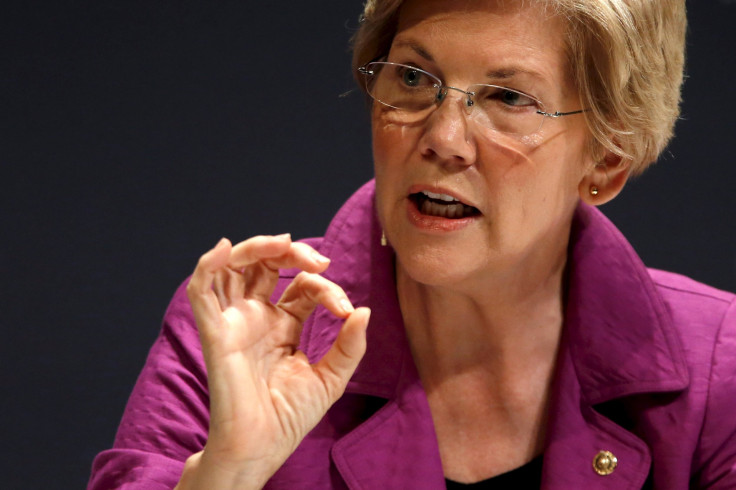Marijuana Legalization 2016: Elizabeth Warren Urges CDC To Consider Cannabis To Solve Opioid Epidemic

As the opioid epidemic balloons, U.S. Sen. Elizabeth Warren of Massachusetts is calling for more research into whether legal marijuana can curb the prescription painkiller epidemic. In a letter to the Center for Disease Control and Prevention, Warren said opiate abuse is a “national problem and warrants swift and immediate action.”
The U.S. continues to be the largest consumer of prescription painkillers in the world, the National Institutes on Drug Abuse says. Even though Americans make up only 5 percent of the global population, they consume 75 percent of opioid medications. Warren asked the CDC to conduct studies about alternatives to pain relief drugs, such as marijuana.
“I hope that the CDC continues to explore every opportunity and tool available to work with states and other federal agencies on ways to tackle the opioid epidemic and collect information about alternative pain relief options,” Warren wrote. “Your agency has produced an enormous amount of scientific and epidemiological data that has helped inform stakeholders on the breadth of this crisis — however there is still much we do not know.”
In the letter, Warren noted the battles her constituents in Massachusetts have faced with opioid abuse. She said there were almost 1,100 confirmed cases of opioid overdose deaths in 2014, which was a 65 percent increase from 2012. “I continue to hear stories from constituents across Massachusetts affected by this crisis — parents fighting for their kids, doctors fighting for their patients, and communities fighting for each other.”
Medical marijuana remains federally illegal as a Schedule 1 controlled substance, but it is available in 23 states and the District of Columbia for patients with chronic pain. Four states, including Washington and Colorado, have legalized marijuana entirely. When it comes to providing national guidelines, cannabis legislation's lack of uniformity across state borders poses difficulties for the federal agency.
“Fighting this epidemic will take hard work on the part of federal, state and local governments, working together with local law enforcement, medical professionals and members of the community,” Warren said, adding she hopes the national agency will “aggressively tackle this issue.”
© Copyright IBTimes 2024. All rights reserved.





















